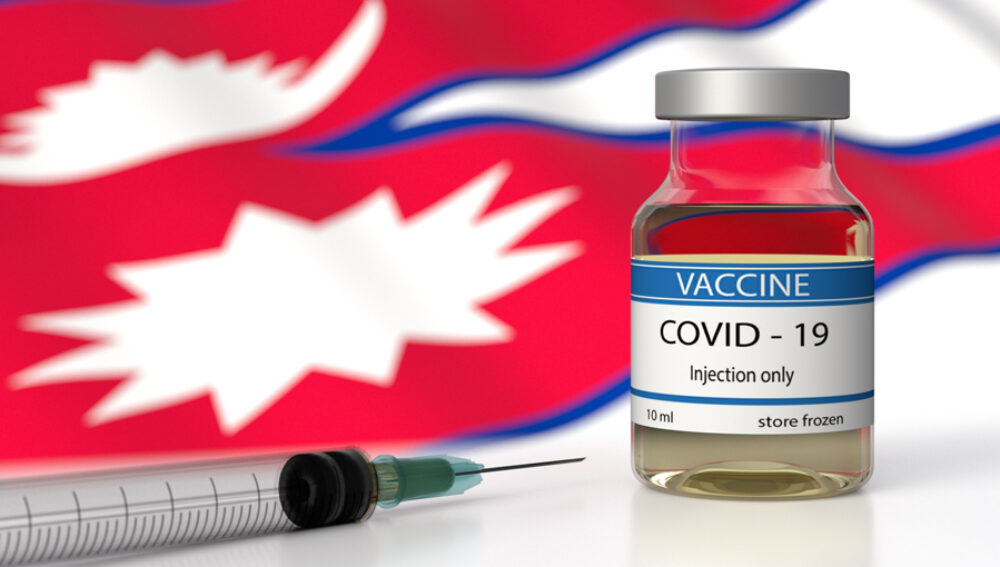In the contemporary world, the notion that knowledge belongs to humanity has significantly faltered. Instead, scientific innovations such as Covid-19 vaccines have been a part of a country’s soft power, not only in the form of vaccine diplomacy as a charm offensive, but also as vaccine nationalism, which has now been perceived as a global threat. Thus, small countries like Nepal need to pursue proactive diplomacy to ensure that their vaccines needs are fulfilled on time. Covid-19 has been taken as the most challenging crisis since World War II, and it has also been perceived as the death of the liberal world order. Though the developed countries have the capacity to respond to its severe impact, developing nations like Nepal do not have adequate resources to fight the pandemic and its repercussions.
Please click here to read the full “Vaccine diplomacy and Nepal” article published at The Kathmandu Post, written by Griffith Asia Institute PhD candidate, Bikram Timilsina.
Vaccine diplomacy and Nepal








